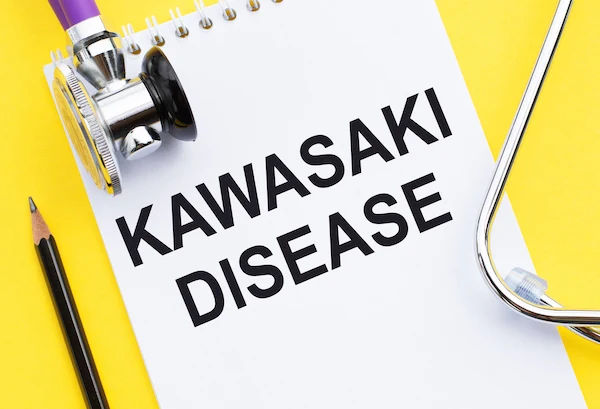- female
- 55 Years
- 14/08/2025
my 55-day-old baby has been diagnosed with an 8mm vsd should we be considering surgery for this or is there another way to manage it
Answered by 1 Apollo Doctors
For a 55-day-old baby with an 8mm ventricular septal defect (VSD), the decision of whether to proceed with surgery or other management strategies depends on the baby's individual health status and the specific characteristics of the VSD. Surgery may be recommended if the VSD is causing significant symptoms, such as heart failure, or if the baby is not growing adequately, despite medical management. If the VSD is small and the baby is otherwise healthy, surgery might be delayed or even not needed, with regular follow-up and potentially medication to manage any symptoms.
Dr. Kamran Suggests...
Consult a Paediatric Cardiologist
Answered 14/08/2025
0
0

More Paediatric Cardiology Health Queries
View allI'm really worried about my 5-month-old who has a heart hole measuring 2.5mm. Is there any possibility that this hole could get larger over time?
that depends on the position where it is,and usually they are self limiting and heals on its own
Answered by 1 Apollo Doctors
I'm able to feel my son's heartbeat just by placing my hand on his chest. He's 3 years old and usually very active, but we don't notice this with anyone else in our family, not even our 8-month-old daughter. Should we be concerned about this?
treating stomach ulcers and gastroesophageal reflux disease (GERD). *Expected Side Effects* Loose motions (diarrhea) are a common side effect of Pantocid HP Kit, occurring in up to 10% of users. *Next Steps* 1. *Consult your doctor*: Inform your doctor about the lack of improvement and the side effect. They may adjust your dosage or recommend an alternative medication. 2. *Monitor your symptoms*: Keep track of your stool frequency, consistency, and any other symptoms. 3. *Hydration*: Drink plenty of fluids to compensate for the loose motions. 4. *Probiotics*: Consider taking probiotics to help maintain a healthy gut microbiome.
Answered by 1 Apollo Doctors
I'm concerned about my 2-year-old. He has a heart murmur and is scheduled for a heart scan in a couple of months. I've noticed he gets nosebleeds every few months as well. Could the nosebleeds be connected to the murmur? Should I be worried about this combination of symptoms?
Nose bleeds and heart murmurs are not typically directly related. Nose bleeds in children can be caused by various factors such as dry air, allergies, or minor trauma. However, in some cases, certain heart conditions can lead to bleeding disorders which may manifest as nose bleeds. It is important to wait for the results of the heart scan to determine if there is any connection between the two issues. In the meantime, you can consult with a pediatrician to address the nose bleeds and monitor your child's symptoms.
Answered by 1 Apollo Doctors
Disclaimer: Answers on Apollo 247 are not intended to replace your doctor advice. Always seek help of a professional doctor in case of an medical emergency or ailment.





